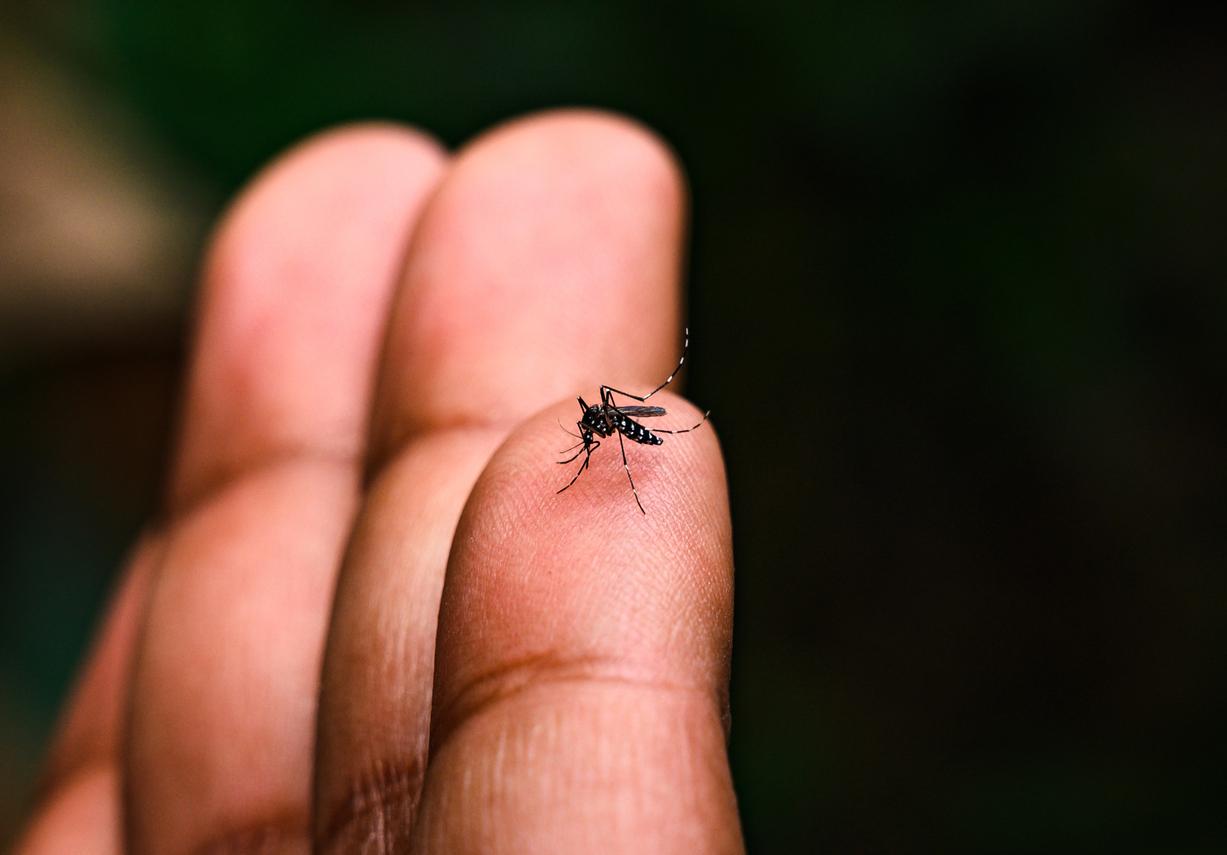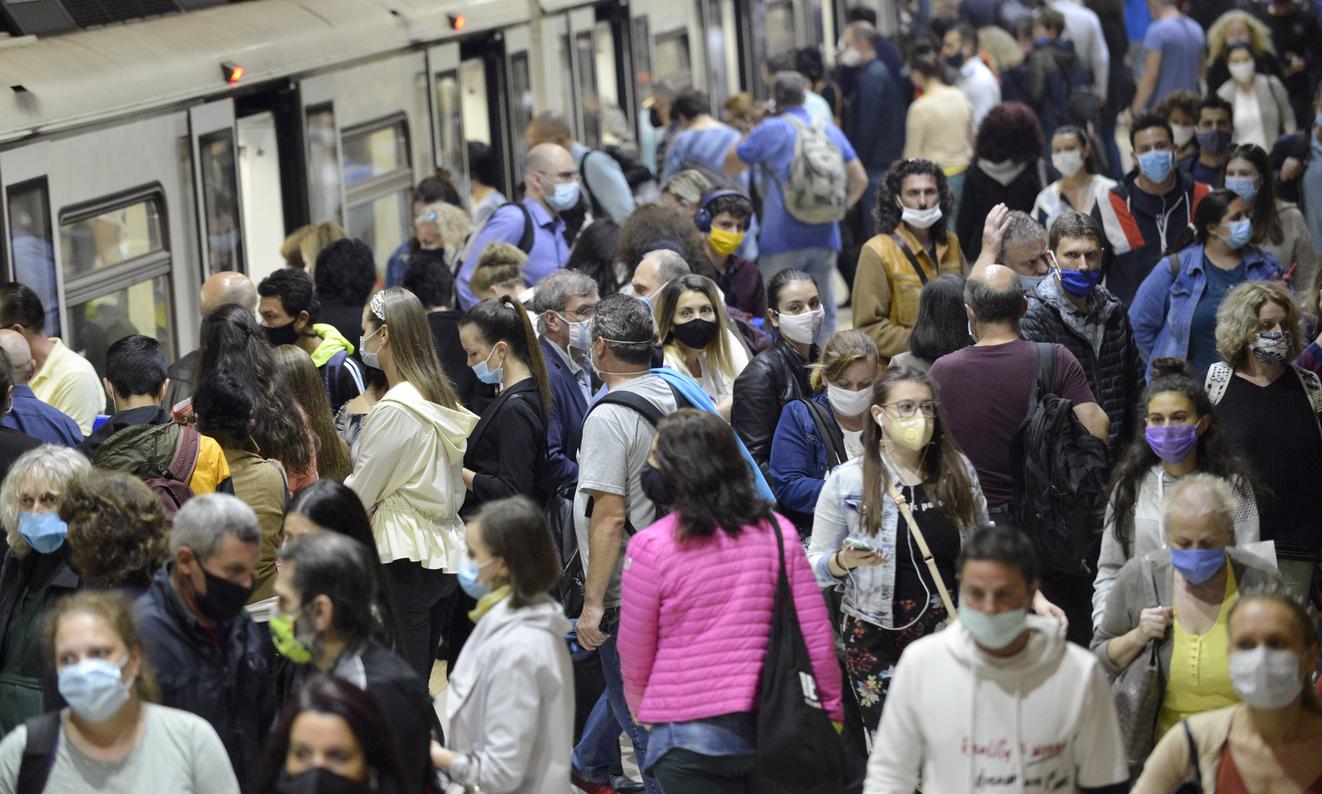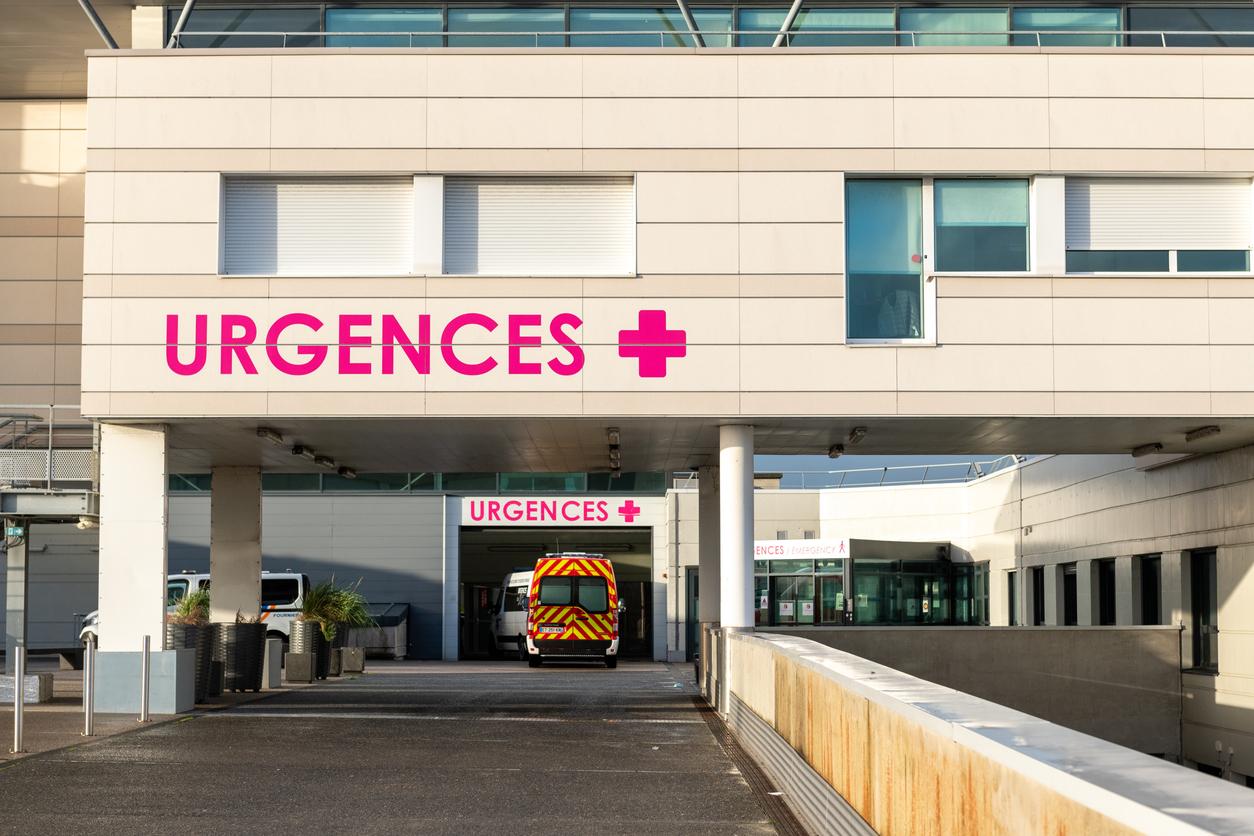While the scientific council declared on Tuesday March 24 that the confinement in France, to be effective, should last six weeks from its implementation, according to experts from Imperial College London, the confinement of the populations will have to last the time for a vaccine to hit the market. That is at least 18 months, either intermittently or continuously and radically.

- British scientists estimate that it would take 18 months of confinement to overcome the coronavirus
- This is the time needed to develop a vaccine
- Without a vaccine, the epidemic could experience rebounds
This is an observation that will displease and worry. In a online report published on March 16, British scientists from Imperial College London have said lockdowns and social distancing measures would likely need to last at least 18 months to overcome Covid-19 for good. Implemented intermittently or not.
“The last time the world reacted to a global epidemic of emerging diseases of the magnitude of the current Covid-19 pandemic without access to vaccines was the H1N1 influenza pandemic of 1918-19”, better known as the Spanish Flu, write the experts. In some cities, schools, bars and churches had been closed. Measures that “succeeded in reducing the number of cases” and generated “a general decrease in mortality”. “However, the transmission bounced once the controls were lifted”say the experts.
“The more effective the containment strategy, the larger the epidemic will be in the absence of vaccination, due to a lower accumulation of herd immunity”, they warn. To avoid this rebound once the containment measures are lifted, they therefore propose to maintain the latter “until large stocks of vaccine are available to immunize the population — which could be the case for 18 months or more.”
It is still too early to welcome the figures released by China and South Korea
As an alternative to this radical solution, the researchers also put forward the idea of “intermittent” social distancing. Thus, the containment rules could change regularly depending on the evolution of the number of confirmed cases of Covid-19. When the number of cases decreases sufficiently, the measures can be “temporarily relaxed” before being reintroduced when the contaminations start to rise again. In this case, the experts still predict containment in force 2/3 of the time.
And the encouraging figures released by China and South Korea? It is still far too early to be happy about it, say the researchers. “If the experience in China, and now in South Korea, shows that containment is possible in the short term, it remains to be proven whether it is possible in the long term, and whether the social and economic costs of the interventions adopted so far now can be reduced”, they explain.
Currently, China, whose first known symptoms date back to December 2019, has not reported any new cases, but to get there, the country has simultaneously used a whole series of measures much stricter than those applied in France. In addition to total containment and systematic case detection, population control has made it possible to warn anyone who has been in contact with a patient without knowing it. Each of these people was placed in total quarantine. People arriving in China today can go to jail if they try to avoid it.
“LThe effectiveness of any intervention carried out in isolation is likely to be limited, making it necessary to combine several [mesures de santé publique] to have a substantial impact on the transmission”, insist the researchers.
Too many uncertainties in Europe
“For a country that has controlled everything like China, a rebound is unlikely”explains Didier Lepelletier, medical officer of health and co-chairman of the national working group on the coronavirus at the High Council for Public Health, at The Express. Nevertheless, “the WHO still needs to validate all the data to know if it is a significant drop”he says.
“As the number of cases decreases, it becomes easier to adopt intensive testing, contact tracing and quarantine measures similar to the strategies used today in South Korea.”, continues the report. According to the researchers, some technological solutions, such as apps that track an individual’s interactions with others, for example, “could allow such a policy to be more effective and scalable if the privacy issues associated with it can be overcome.”
Applications of this kind are currently being developed in Europe but at present none have yet been officially implemented. Today, too many uncertainties remain. Whether in terms of the mode of transmission of the virus, the effectiveness of the measures introduced by politicians or their respect by local populations. “It is therefore difficult to be definitive as to the likely initial duration of the measures that will be necessary, except that it will be several months”concludes the report.
“Normal weather is not for tomorrow”
In France, Geneviève Chêne, director general of the French public health agency, declared on March 19 that we would have to wait “between four and two weeks” to observe a change in the dynamics of the epidemic in the territory. On Monday March 23, Prime Minister Edouard Philippe took the floor to tighten the conditions for French exits during confinement.
“Going out to walk your children or to play sports must be within a radius of one kilometer around your home, for a maximum of one hour, alone and once a day”, he declared, specifying that open markets would henceforth be prohibited, except by derogation from the prefect on the advice of the mayors. “Many of our fellow citizens, many French people, would like to be able to find the time before normal time, but it is not for tomorrow and we feel that this time of confinement is still ours and that it can still last. a few weeks”he also warned.
















